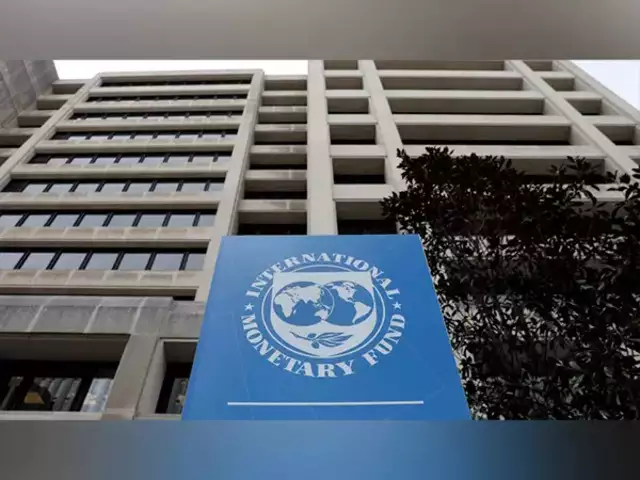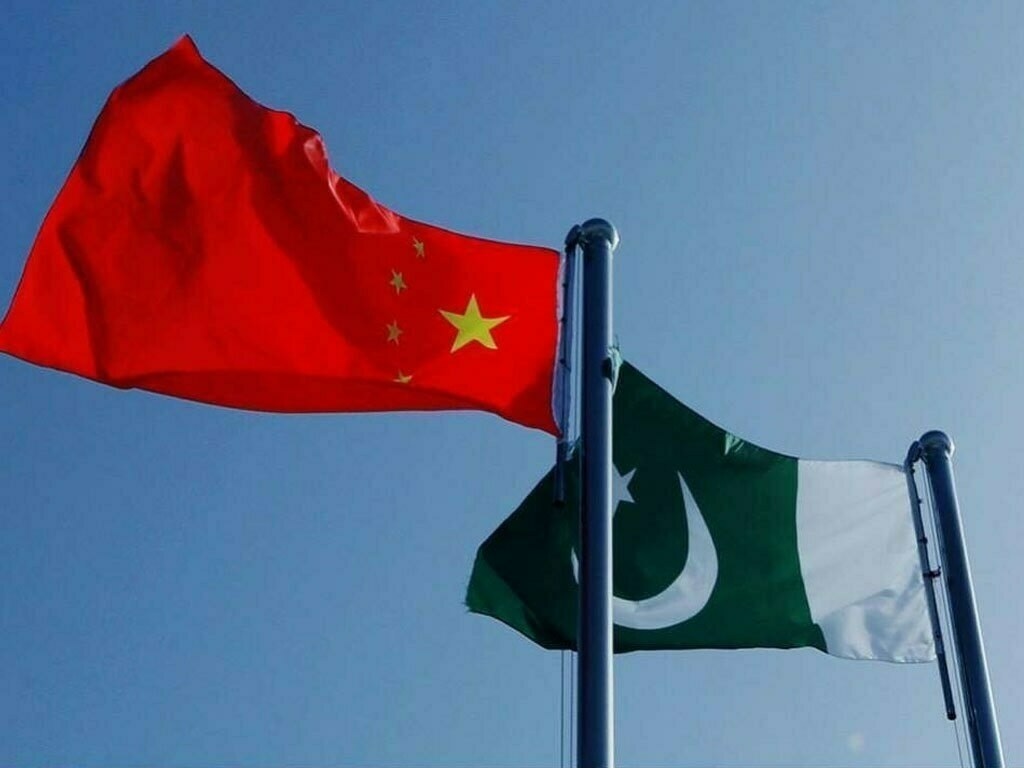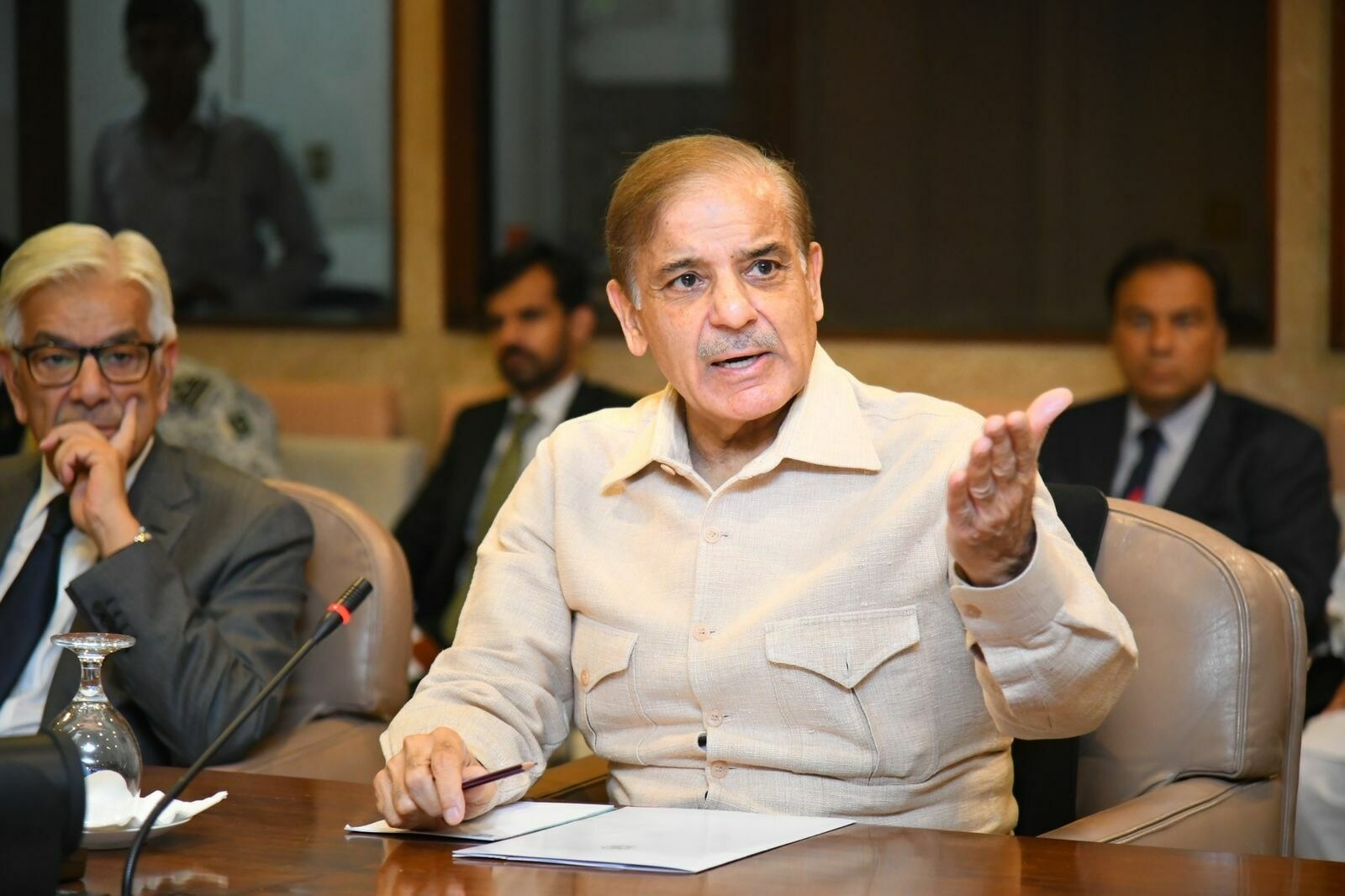PTBP Web Desk
The International Monetary Fund (IMF) programme in Pakistan is advancing without disruptions, as the government reaffirms its dedication to meeting all conditions and ensuring the successful completion of the 37-month arrangement.
The Ministry of Finance emphasized this commitment in a press release, stating that the programme is proceeding in close coordination with IMF staff.
The Ministry of Finance reiterated that Finance Minister Senator Muhammad Aurangzeb has consistently underlined the government’s resolve to implement macroeconomic reforms. During a recent briefing to the National Assembly Standing Committee on Finance, the minister stressed that adhering to the IMF programme is critical for achieving long-term macroeconomic stability. This reaffirmation highlights the government’s proactive approach toward stabilizing the economy and fostering sustainable growth.
Dispelling rumors about potential “hiccups” in the programme’s implementation, the Ministry of Finance clarified that such speculations lack credible evidence and are merely subjective interpretations. The ministry underscored that the government remains focused on fulfilling all obligations under the IMF agreement with diligence and transparency. This approach aims to create a solid foundation for stronger, sustainable, and inclusive economic growth.
The IMF programme, spanning 37 months, is designed to support Pakistan in achieving macroeconomic stability. The government’s commitment includes:
Ensuring fiscal discipline to reduce deficits.
Implementing structural reforms to improve economic efficiency.
Strengthening institutions for better governance.
Enhancing transparency in financial dealings.
The successful implementation of these measures is expected to build investor confidence, stabilize the currency, and control inflation, paving the way for sustainable economic development.
The government’s dedication to transparency and accountability is central to the programme’s success. By meeting all conditionalities and working closely with IMF staff, Pakistan aims to enhance its credibility on the global stage. This collaborative effort also seeks to attract foreign investment, which is vital for long-term economic stability.
While the IMF programme presents challenges, such as strict fiscal measures and subsidy cuts, it also offers opportunities to address systemic economic issues. The government’s focus on reforms is expected to:
Improve tax collection and broaden the tax base.
Streamline public sector enterprises for better efficiency.
Strengthen social safety nets to protect vulnerable populations.
The successful execution of the IMF programme is critical for Pakistan’s economic future. By adhering to the agreed measures, the government aims to:
Achieve fiscal consolidation.
Stabilize the exchange rate.
Boost exports and reduce the trade deficit.
These steps will not only enhance economic stability but also lay the groundwork for robust and inclusive growth.
The government has urged internal and external stakeholders to support its reform agenda. Collaboration with the private sector, civil society, and international partners is essential for overcoming economic challenges and ensuring the programme’s success.




